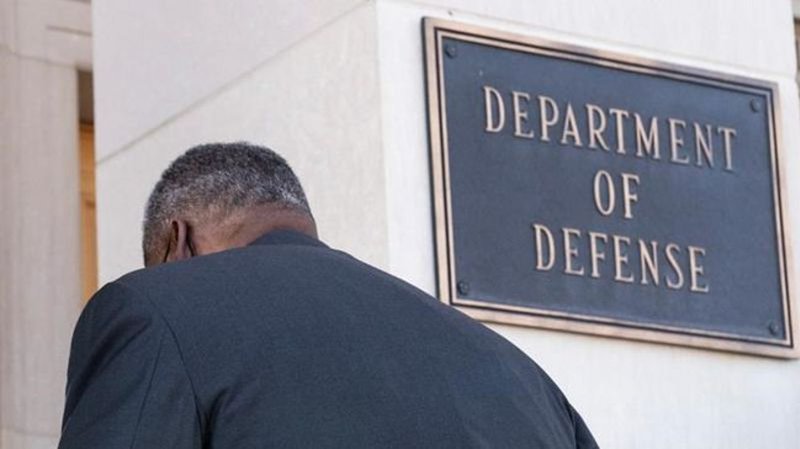
For 1st Black Pentagon chief, racism challenge is personal
WASHINGTON — Newly confirmed Defence Secretary Lloyd Austin will have to contend not only with a world of security threats and a massive military bureaucracy, but also with a challenge that hits closer to home: rooting out racism and extremism in the ranks.
Austin took office Friday as the first Black defence chief, in the wake of the deadly insurrection at the U.S. Capitol, where retired and current military members were among the rioters touting far-right conspiracies.
The retired four-star Army general told senators this week that the Pentagon’s job is to “keep America safe from our enemies. But we can’t do that if some of those enemies lie within our own ranks.”
Ridding the military of racists isn’t his only priority. Austin, who was confirmed in a 93-2 vote, has made clear that accelerating delivery of coronavirus vaccines will get his early attention.
